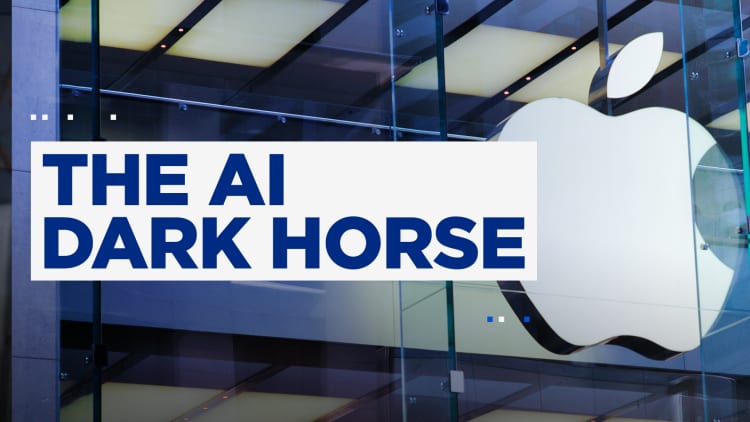On the eve of the National Retail Federation’s annual convention, Google Cloud announced a slew of new AI-powered tools for retailers. They are designed to ease the rollout of chatbots and AI, improve search and create more personalized shopping experiences.
There appears to be a significant need for improvement in all these areas. Only about one-third of consumers who have used virtual assistants are satisfied with them and nearly 20% don’t want to use them again, according to a new survey from IBM.
Dig deeper: Samsung sees success with shoppable TV ads
However, consumers remain very interested in using AI. Most (59%) would like to use AI applications as they shop and 80% of those who haven’t used the technology for shopping would like to try it, according to IBM’s report “Revolutionize retail with AI everywhere: Customers won’t wait.”
Google’s offerings are aimed squarely at these issues. The new tools include:
- Conversational Commerce makes it easier to embed chatbots on websites and mobile apps. They can have “helpful and nuanced” conversations with shoppers looking for products, and make suggestions based on a shopper’s preferences.
- The Complementing Conversational Commerce Solution automatically generates product descriptions, metadata, categorization suggestions and more from as little as a single product photo. It can also generate new product images from existing ones and product descriptions.
- Vertex AI Search adds new large language model (LLM) capabilities, allowing sellers to custom-tune an LLM to their unique product catalog and shoppers’ search patterns. It can provide consumers with more relevant search results by better ranking potential products as a fit for any given search term.
- Customer Service Modernization integrates a retailer’s existing CRM data with chatbots to improve self-service, make product recommendations, schedule appointments, check order status and more.
The company also unveiled Google Distributed Cloud Edge, which is designed to make it easier for retailers to use AI in locations with low or no internet. The current primary use cases for it are store analytics, frictionless checkout and streamlined mission-critical store operations.
Google’s announcement was made the same day Microsoft also introduced AI-powered tools for retailers and two days after Walmart unveiled genAI search technology for consumers to use.
The post Google unveils new set of AI-powered tools for retailers appeared first on MarTech.























































![Social Media Spring Cleaning [Infographic] Social Media Spring Cleaning [Infographic]](https://imgproxy.divecdn.com/9e7sW3TubFHM00yvXe5zvvbhAVriJiGqS8xmVFLPC6s/g:ce/rs:fit:770:435/Z3M6Ly9kaXZlc2l0ZS1zdG9yYWdlL2RpdmVpbWFnZS9zb2NpYWxfc3ByaW5nX2NsZWFuaW5nMi5wbmc=.webp)
![5 Ways to Improve Your LinkedIn Marketing Efforts in 2025 [Infographic] 5 Ways to Improve Your LinkedIn Marketing Efforts in 2025 [Infographic]](https://imgproxy.divecdn.com/Hv-m77iIkXSAtB3IEwA3XAuouMwkZApIeDGDnLy5Yhs/g:ce/rs:fit:770:435/Z3M6Ly9kaXZlc2l0ZS1zdG9yYWdlL2RpdmVpbWFnZS9saW5rZWRpbl9zdHJhdGVneV9pbmZvMi5wbmc=.webp)













